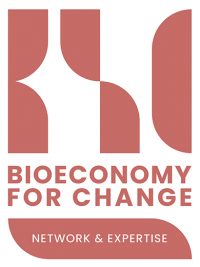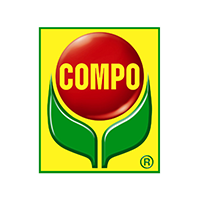Commissariat Energie Atomique et aux Energies Alternatives (CEA)
Genoscope was founded in 1996 to contribute to the Human genome project and develop genomic programs in France. Genoscope has subsequently turned toward environmental genomics. It is developing methods and projects for the exploitation of biodiversity, in particular with respect to massive DNA sequencing and bioinformatics. Genoscope has been open to the national scientific community through calls for coordinated projects in the context of France Genomique since 2012. Genoscope is thus contributing to sequencing numerous plant species (orange tree, coffee tree, cacao tree, banana, rape, wheat, etc.) and animal species, a crucial stage with regard to progress in the field of agronomics and in enhancing our understanding of evolution. Genoscope is also contributing to the discovery of hitherto unknown microscopic organisms. Some microorganisms are impossible to isolate and culture; microorganism diversity has been poorly elucidated. In order to study the biodiversity of an environment, the Genoscope teams make use of metagenomics. This technique, now feasible thanks to the development of new sequencing technologies and increased bioinformatics data processing capacities, consists in sequencing, at once, the genomes of all the organisms in a sample derived from a given environment. Metagenomics has, for example, been used to study the waste water from a sewage plant (Cloaca Maxima), to study the diversity of the oceans of the world (Mission Tara Oceans) and study the intestinal flora of individual subjects (Gut Microbiome Project). The studies enable reconstitution of the genomes of poorly known organisms, elucidation of the interdependence of those organisms within an ecosystem, determination of the rules for the association of various species in a connected community, and enhanced understanding of biodiversity.
Role in the project: In FARMŸNG project, CEA is in charge to design a large-scale breeding strategy of mealworms in order to ensure genetic diversity in the rearing process.



















